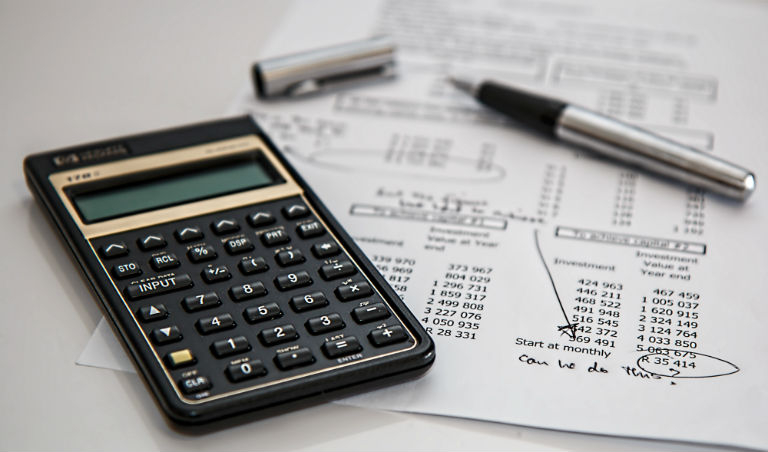How to Save Money: Energy Efficiency
Heating or cooling your home is probably the largest utility bill you pay each month. In fact, the U.S. Energy Information Administration reported most households heating and cooling expenses will rise this year because of higher forecasted energy prices.
Even if your home was recently constructed, there might still be opportunities to save energy.
You can find ways to save on your utility bills by performing this easy energy-saving audit and fixing any trouble spot you find.
Step 1: Do-It-Yourself Audit
Performing an audit on your home can help to determine where your house is losing energy and where you can save. A hired professional can do this assessment for you, or you can follow this checklist for a quick do-it-yourself audit:
- Locate air leaks: take a walk around your house and feel for drafts. Find out where warm/cold air is escaping, or entering your home.
- Check ventilation: examine your air filters. Do they need to be replaced? Dirty air filters prevent airflow and take more energy.
- Check insulation: check your crawl space and ceiling for loose, missing or falling insulation.
- Inspect heating and cooling equipment: How often do you forget to turn your thermostat down or up? When was the last time your furnace and/or A/C was inspected?
- Check lighting: walk through and inspect your lighting features. Are they on too often? Are your bulbs sucking energy?
- Appliances and electronics: take a close look at what’s plugged into your walls.
Step 2: Implement Findings
Now that you’ve inspected your home thoroughly, it’s time to make some changes.
- Seal air leaks: install door sweeps to block out drafts and make sure your windows are shut completely.
- Replace your air filters: when your filter is dirty and needs a change, it slows down the air flow and costs more to generate.
- Install a programmable thermostat: this device will automatically lower or raise your room temperatures at night and monitor them during the day. Maintaining your furnace and A/C can help them run more efficiently as well.
- Change your lightbulbs: use modern LED or smart bulbs and install timers to save on energy.
- Get used to unplugging appliances: if you’re not using it, unplug it or turn it off
Step 3: Don’t Forget Your Car
Lots of people spend more money maintaining their car(s) than their home. Here are a few ways you can save:
- Keep your car tuned: things like oil changes and general engine maintenance can save you more in the long run.
- Check your tire pressure.
- Eliminate weight: it might be time to empty your trunk.
- Drive sensibly: no excessive idling, aggressing driving or speeding.
While there are many more things you can do to save on energy costs, for both your house and car, we encourage to consult with a financial professional. They might have more effective ways to save additional money. Be diligent as improving can get costly and don’t forget to look at how long some improvements will take to recoup your investments.
We encourage all of our clients to be frugal, smart and live a purposeful life.

